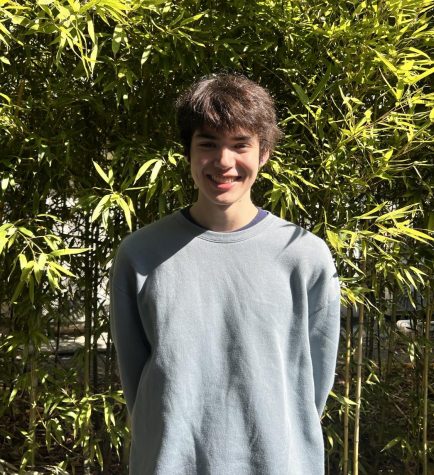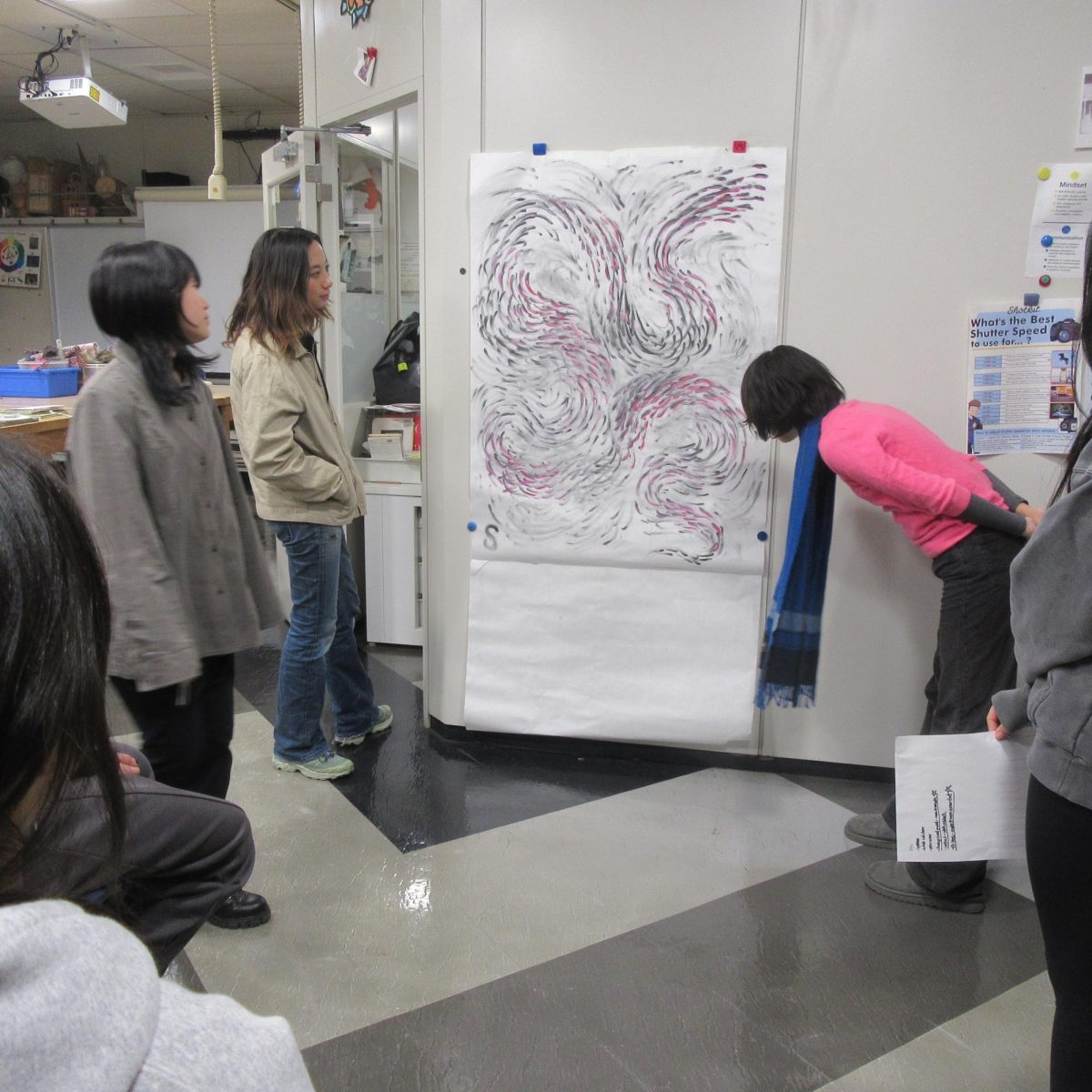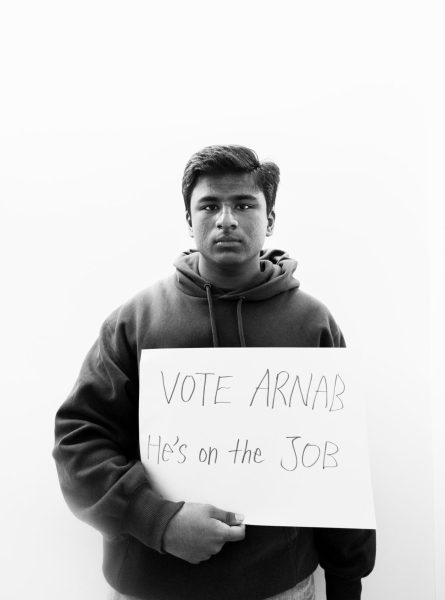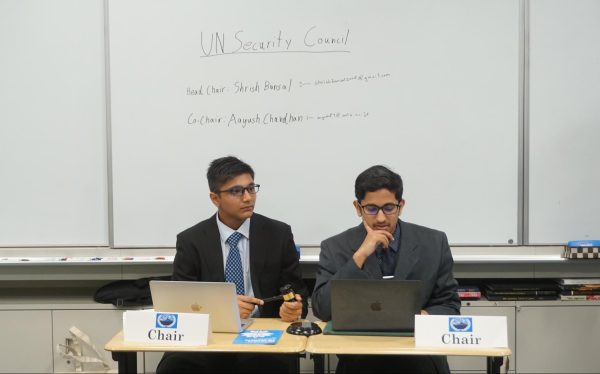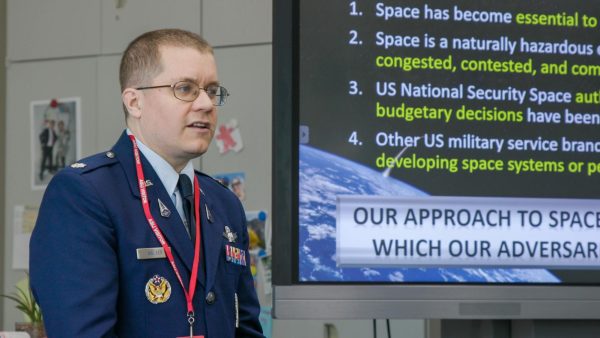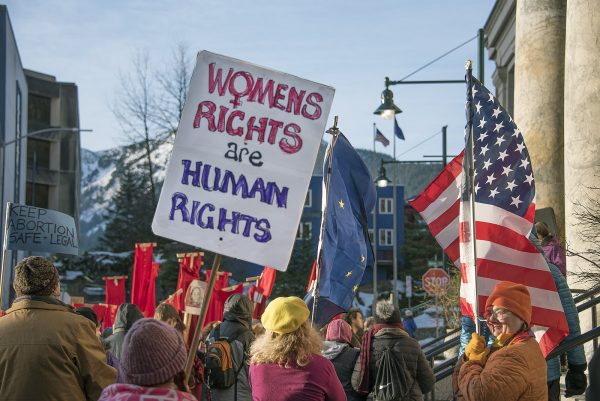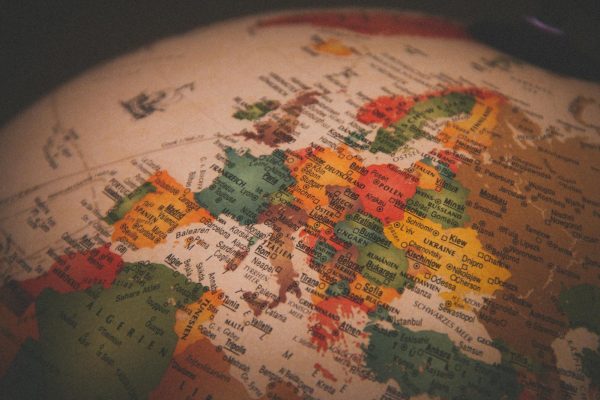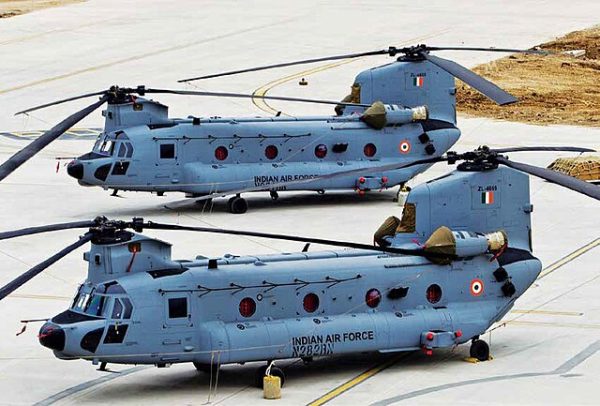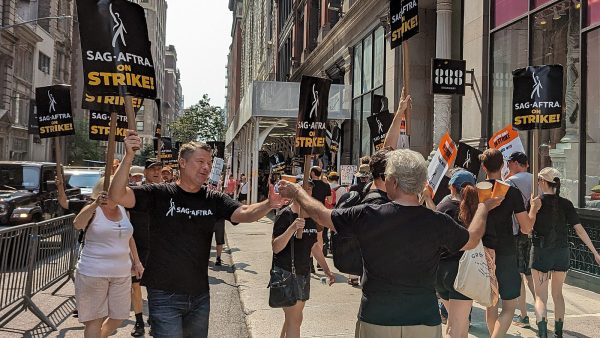Protest is in the Air
February 16, 2021
Protests are demonstrations of opposition. They empower the voiceless, and exist as a basic human right. Protests exist when there is conflict — where there is a protest, there is a problem.?
In 2020 there was a large demonstration of peaceful protests across the globe, all of which addressed different problems. The primary purpose of a protest is not to propose solutions, but rather to be heard and to garner support. This theme is increasingly apparent as historical events unfold right before our eyes, such as in the following examples.
Russia — Alexei Navalny
 The arrest of Alexei Navalny, an anti-government corruption campaigner against Rusian president Vladamir Putin, has brought about protests of thousands throughout Russia.?Historically, Navalny has been against Putin, even running for the presidency against him, until he was banned from doing so in 2018.?
The arrest of Alexei Navalny, an anti-government corruption campaigner against Rusian president Vladamir Putin, has brought about protests of thousands throughout Russia.?Historically, Navalny has been against Putin, even running for the presidency against him, until he was banned from doing so in 2018.?
In August of 2020, during a flight from Siberia to Moscow, Navalny became critically ill and was rushed to a Russian hospital, and later, evacuated to Berlin’s Charite Clinic. It was then discovered that Navalny had been poisoned with the Novichok, a Soviet-era nerve agent.?
Immediately after his return to Russia, Navalny was arrested for violating terms of his previous probation while recovering in the German hospital. Since then, protests have erupted all over Russia, with over a thousand protesters arrested in just a matter of days. The fight against government corruption has been, and likely will continue to be, an uphill battle for citizens of Russia.
Euston — HS2 Rail Project
In Euston, London, a group of 9 activists have currently enclosed themselves in a tunnel where the HS2, High Speed 2 Railway is planned to pass through.?
The HS2 is a government-funded plan to construct a new high-speed rail network connecting London, the West Midlands, Leeds, and Manchester. The protesters claim that the HS2 would require an unreasonable amount of high-carbon steel and concrete, worsening the environment.?
In contrast, most politicians who oppose the controversial project cite economic issues, claiming that faster travel simply isn’t worth 50 billion euros worth of investment.?
Turkey — Life under President Erdo?an
 Frustrations under Turkey’s President Recep Tayyip Erdo?an ultimately tipped into protests after the appointment of a political ally as a state-approved rector of a prestigious Istanbul university. Students and teachers alike erupted in protest, tired of the increasingly suffocating grip of the government.?
Frustrations under Turkey’s President Recep Tayyip Erdo?an ultimately tipped into protests after the appointment of a political ally as a state-approved rector of a prestigious Istanbul university. Students and teachers alike erupted in protest, tired of the increasingly suffocating grip of the government.?
President Erdo?an’s vision for Turkey’s future has been continually in conflict with many of Turkey’s young citizens. His vision for a “pious generation,” for example, has only resulted in more young people turning away from religion.?
Additionally, when considering Turkey’s notably low youth-employment rates, and the resulting youth dissatisfaction, the reasoning behind the anti-Erdo?an protests at the University begin to become more clear as perhaps more of an explosion of frustrations, rather than simply an opposition to a singular event.?As more news of protests continues to spread, it is important to maintain a connection to the participants. News of protests should be reminders that there are problems to be solved and solutions to be found throughout the world. Protests that can be seen elsewhere might happen anywhere. Perhaps if we viewed protests as representative of communal problems, rather than relevant only to the local people, then we would feel a greater obligation to engage in the issues that challenge our societies.

